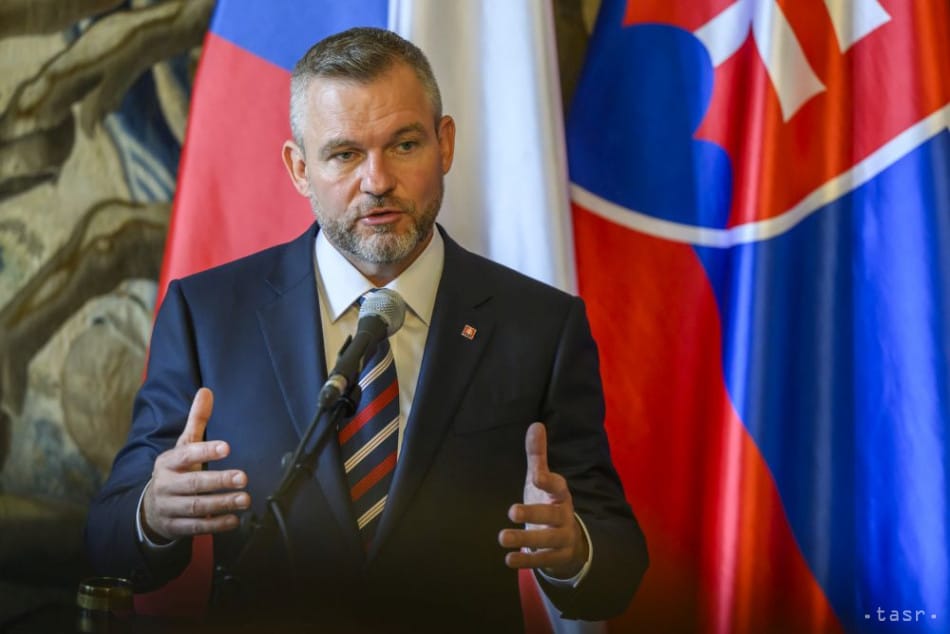Bratislava – The President of the Slovak Republic, Peter Pellegrini, signed the amendment to the Environmental Impact Assessment Act (EIA) on Friday, which is based on the directive from 2011. The amendment was originally returned to the parliament for reconsideration. The presidential office informed TASR about this.
Members of the National Council of the Slovak Republic accepted the President’s remarks during the repeated approval of the mentioned amendment and removed two previously embedded points.
The aim of the EU directive, also known as the EIA Directive, is to ensure a high level of environmental protection and to consider environmental protection and interests in the preparation and approval of projects. Environmental assessment is carried out for certain public or private projects, such as the construction of airports, nuclear facilities, highways and roads, waste disposal facilities, wastewater treatment plants, and the like.
The new legislation will accelerate the assessment and permitting processes in the environmental field. It aims to limit bureaucratic delays related to the arbitrariness of officials and, in some cases, the amendment will increase the thresholds for assessing the impacts of certain activities on the environment.
The amendment to the EIA Act separates the process of exploratory procedures and the actual mandatory assessment within the EIA process. At the same time, it maintains the requirements for the high expertise of individuals conducting environmental impact assessments.
The legislation also responds to landscape planning, which is one of the milestones of the Slovak Republic’s Recovery and Resilience Plan. The new legal amendment also revises the Spatial Planning Act, which will ensure a more thorough process of positioning the landscape, its protection, and its creation in spatial planning documents so that all commitments are respected while not jeopardizing the use of recovery plan funds.
The new legislation also eliminates so-called gold plating, that is, the implementation of stricter rules than required by the European Union. (December 13)
 go to the original language article
go to the original language article
